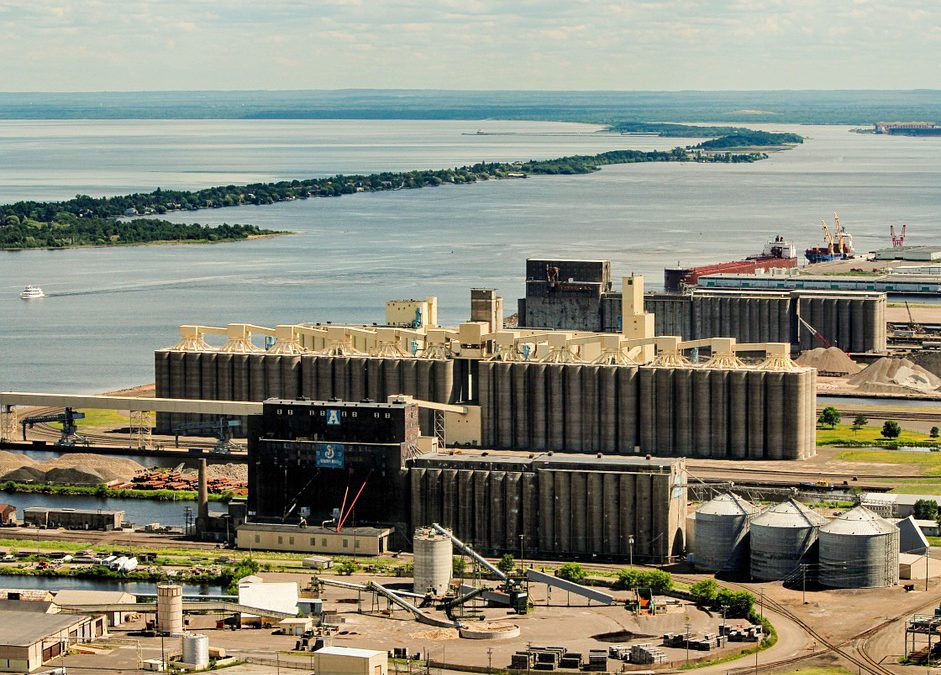BY WANDILE SIHLOBO | SEP 12, 2021 | AGRICULTURAL ENVIRONMENT AND NATURAL RESOURCE
Logistics has always been the backbone of SA’s export-orientated agricultural sector, though it does not always get the level of attention it has received recently due to various disruptions.
SA’s agricultural exports, valued at $10.2bn in 2020, the second-largest value on record, were supported by functional logistical systems from the farm gate up to the shipping ports. However, since the start of the Covid-19 pandemic, disruptions to global shipping lines, growing shipping container shortages and costs, theft of Transnet infrastructure and cyberattacks have put the challenges of this vital sector on the front burner. For SA’s agricultural sector, especially export-focused subsectors such as the fruit, wine and grain industries, smooth logistical operations are crucial.
Through these challenges, SA’s agricultural logistics role players pushed hard to maintain unhindered export activity in the first half of 2021. Hence, SA’s agricultural exports amounted to $6.1bn, a 30% annual increase. Compared with 2020 the growth is partly because of base effects, as the first half of 2020 was heavily affected by Covid-related disruptions to global supply chains. Still, the growth reflects rising export performance for various products and functional logistical systems.
There has also been a coordinated effort between the major logistics industry role players such as Transnet and others, through regular industry meetings, to ensure the continuous functioning of ports in these challenging times. The export figures are an indicator of the success of these coordinated efforts thus far.
Still, more needs to be done as SA’s agricultural output will invariably increase in the coming years, demanding extra capacity at the ports. Notably, significant economic reconstruction initiatives such as the Agriculture and Agro-processing Master Plan attempt to boost domestic production, which will need to be channelled to export markets.
Importantly, even intra-country logistics will increasingly come under pressure as agricultural production improves. About 80% of grains are already transported by road. As SA authorities have signalled, moving from road to rail will require increased investment and security at rail lines. The perennial theft at Transnet lines is counterproductive to the national business efforts and should be a key focus for the police and security cluster.
Beyond the inland transport facilities, there is also a need for increased investment in efficiency and cost reduction for users at the ports. SA’s ports rank poorly in the global rankings. A case in point is the World Bank and IHS Markit’s Comparable Assessment of Container Port Performance. Cape Town, Gqeberha, Durban and Ngqura are at the bottom out of 351 ports of various countries.
There have been several recent interventions where the government’s constrained financial resources have been augmented through a collaborative effort. Similarly, to enhance logistical efficiency a tripartite collaboration between the government, logistical role players and potential investors might be crucial for mobilising capital for investment into the ports. This should be a long-term and strategic area for the country to focus on. The global leading shipping companies expect challenges in the shipping lines for years to come.
Efficient logistical systems are a precursor to economic success and should be the focus of policymakers and various industry role players. From an agricultural sector perspective, the key is to identify areas that need improvement and present those to organised platforms of the logistics industry role players and the government for solution-orientated deliberations. After all, there is nothing as painful and costly for farmers as surplus production deteriorating due to logistical bottlenecks when market opportunities are plenty abroad.
The government has a significant role in preventing such occurrences. Through its involvement at Transnet, the government takes centre stage in this effort, and it should dedicate the requisite energy and resources towards improving the country’s logistical network.

